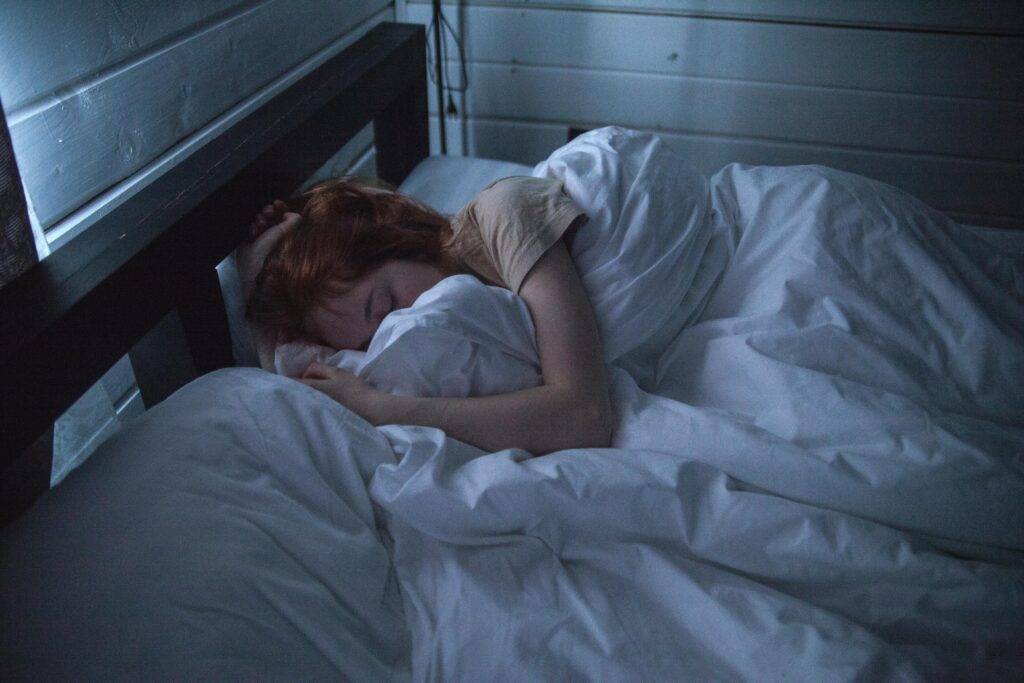An Oxford academic paper that suggests current sleep scoring criteria may lead to biased results between sexes and across age groups has been brought back into the spotlight with a recent editorial and podcast.

A recent editorial by Prof Monika Haack of Harvard Medical School, published in the journal SLEEP, responded to the paper by researchers from the NIHR Oxford and Oxford Health Biomedical Research Centres, which calls for a re-evaluation of how we score slow wave sleep (SWS), also known as deep or N3 sleep.
The original paper, “Is it time to revisit the scoring of slow wave (N3) sleep?”, highlights how current sleep scoring criteria, largely based on data from a small group of young males in the 1960s, may misrepresent sleep architecture in females and older adults.
The research team argue that this bias could have significant implications for our understating of how sleep in females and older adults relates to clinical conditions.
They suggest that the thresholds used to define deep sleep may misrepresent deep sleep in populations whose brain wave patterns differ from young, healthy males. Deep sleep may play a critical role in emotional regulation, memory consolidation and overall mental health.
Prof Haack’s editorial amplifies this concern, pointing out that the legacy of male-dominated research has long shaped our understanding of female physiology, often to the detriment of women’s health. She draws parallels between sleep science and other areas of biomedical research where sex differences have been historically overlooked.
Prof Haack and the Oxford paper are calling for a more inclusive approach that accounts for sex and age differences in sleep architecture. As exciting new research begins to explore how treatments targeting sleep patterns can improve brain health, it is important that our measures of sleep patterns are accurate and equitable across a diverse population.
This topic was further explored in an episode of the Sleep Research Society podcast, where the paper’s principal author, Dr Shaun Davidson and Prof Haack discussed the need for reform in sleep scoring standards to deliver greater representation, transparency and equity in research design.
Dr Davidson, of the University of Oxford’s Institute of Biomedical Engineering, said: “Sleep scoring standards were built on data from young males, which means deep sleep-in females may be inaccurately reported. That’s not just a technical issue; it affects how we understand the relationship between sleep and related health problems.”
Another of the paper’s authors, Professor Simon Kyle, of the Nuffield Department of Clinical Neurosciences, added: “We know that biological sex and age have marked effects on sleep quality and prevalence of sleep disorders. In terms of sleep structure, it’s clear we need more research on the mechanisms underpinning potential age-related differences in sleep between males and females.
“This study shows that long-established scoring guidelines, applying an amplitude criterion for identifying slow wave sleep, may mis-characterise such differences.”